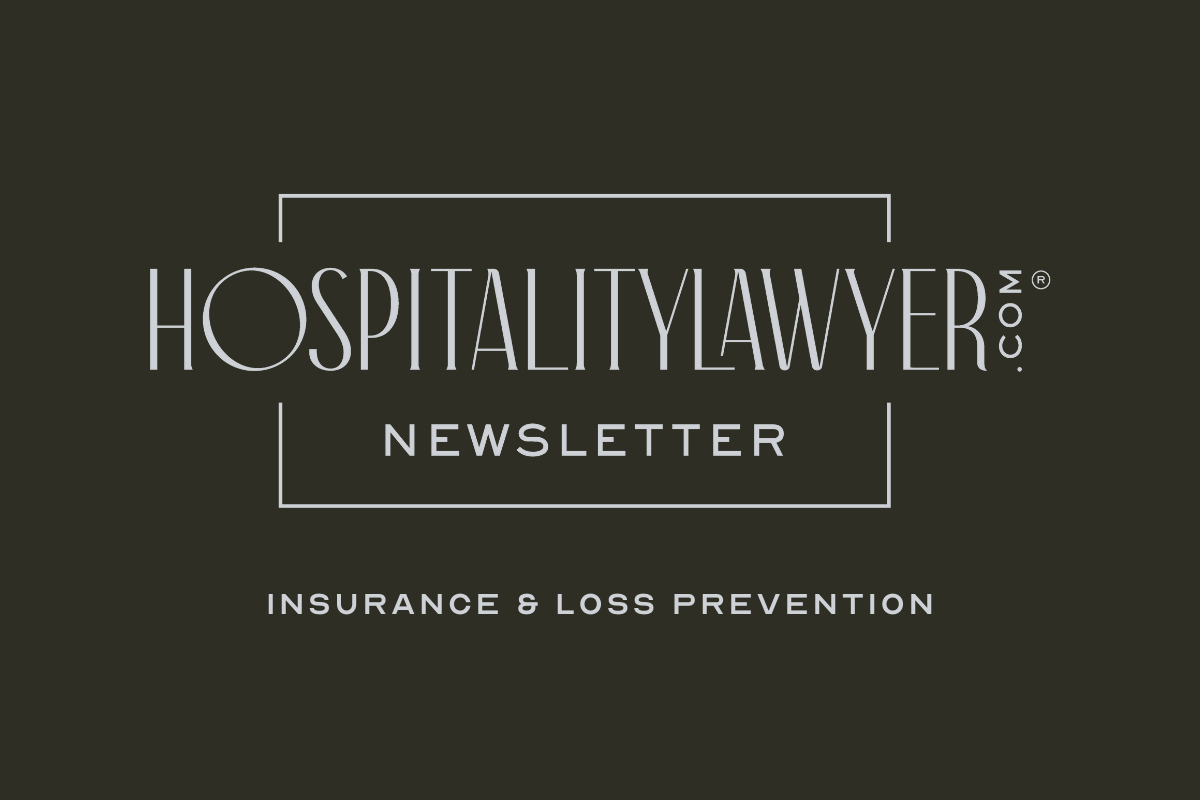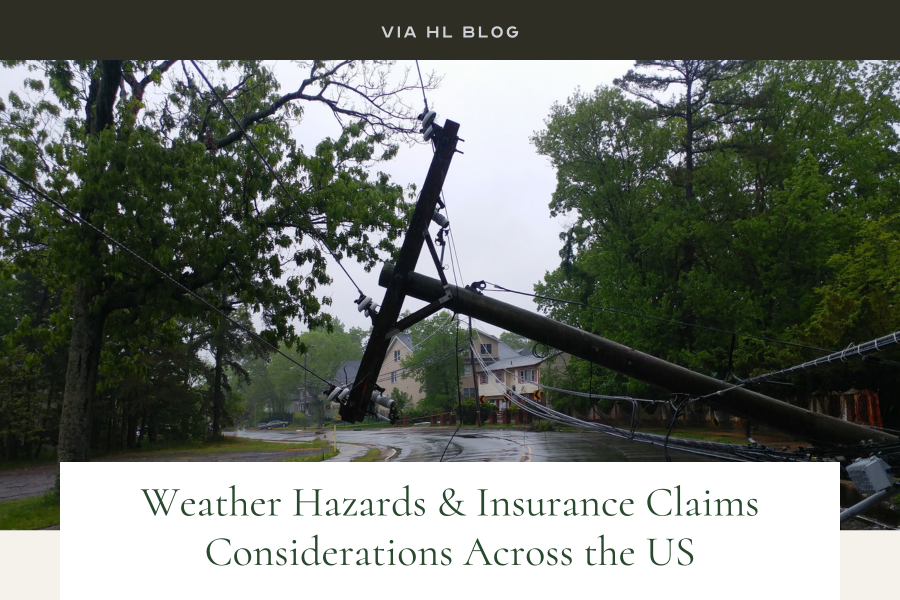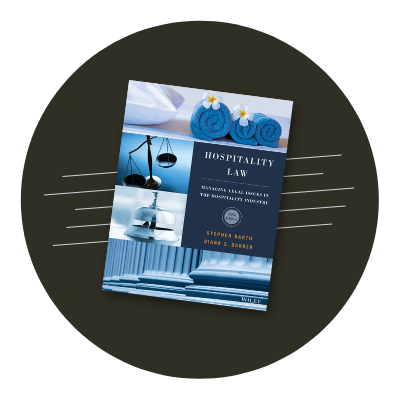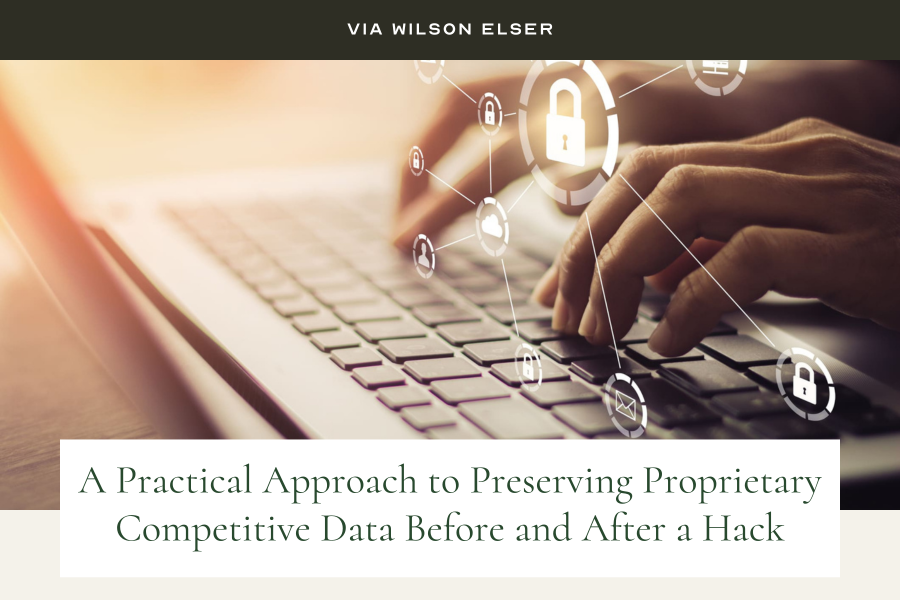 |
|
|
 |
|
|
|
Every day, somewhere in the United States, some sort of hazardous weather is occurring. The vastness of the nation—from the Arctic Ocean coastline to the tropical beaches of the Florida Keys, to the mountain peaks of the Western United States, to the volcanos in Hawaii, the inhospitable deserts of the Southwest to the eastern shores of the Great Lakes—covers diverse climates and geographical weather patterns. In turn, the weather experienced across different portions of the United States drives local economies (such as agriculture, fishing, shipping), cultures (such as clothing, day-to-day activities, employment, hobbies, and interests), and politics (largely based on culture and economy).
In this article, we discuss some of the most hazardous weather events by geography in the United States, and why considering these various types of events is important for understanding underwriting risks and handling post-storm insurance claims. Ultimately, the following information may be of particular interest to insurance and reinsurance carriers exploring new geographies to conduct business, as well as claims adjusters and managers that handle complex storm damage losses from coast to coast. |
| READ MORE |
|
 |
|
|
 |
|
Follow Our Blog
Keep up with the latest and dive into all areas of hospitality and travel news through our blog which features new articles regularly. |
|
 |
|
Purchase Hospitality Law 5th Edition
Hospitality Law: Managing Legal Issues in the Hospitality Industry is a practical approach to hospitality law. To buy a copy, click here. |
|
|
|
|
|
|
Navigating Insurance Claims in the Hospitality Industry
July 18, 2024 via Total Food Service
While you can’t prevent a claim, you can be ready for it. Understanding who is involved and how to prepare for the claims process will help ensure an efficient resolution so that you can resume normal operations quickly. |
|
|
|
|
|
Phone Security: How to Keep Your Mobile Device and Communications Safe
July 16, 2024 via Global Guardian
In today's connected world, our cell phones are our constant companions, especially when we travel. They are our maps, our communication hubs, and our lifelines. However, with this convenience comes the risk of exposing sensitive information to cyber threats and bad actors. |
|
|
|
|
|
Self-Insurance May Be Right for Rising Property Rate Pressures
July 1st, 2024 via Hotel Management
Even with the rebound effect now in hospitality’s rear-view mirror, consumer demand remains healthy. There’s nothing wrong with normal, yet the industry must temper positivity with caution due to forces largely outside its control that continue to stir up operational headwinds.
|
|
|
|
|
|
Disaster Reduction: Key Insights for Risk Managers & Corporate Executives
July 16th, 2024 via HL Blog
The need for comprehensive disaster risk management has never been more evident. In recent years, major storms, earthquakes, wildfires, tornados, derechos, and other destructive large-scale events have been significant. According to National Oceanic and Atmospheric Administration (NOAA), there has already been a record number of billion-dollar disasters in the first eight months of 2023.
|
|
|
|
| READ MORE |
 |
 |
|
|
|
Major outlets such as The Wall Street Journal report on data breaches constantly, especially when data that reveals personally identifiable information (PII) or personal medical information (PMI) is leaked. This type of data breach is a consumer protection matter, and the Federal Trade Commission as well as individual states have laws and regulations that companies must follow in an effort to prevent them and to respond when they happen. In many instances, the company may be required to notify state authorities and make disclosures so that individuals can act to protect their privacy and their identities.
Another type of data breach gets less press – when the leaked data is not PII or PMI, but includes proprietary commercial information owned by a company. One reason this type of data breach is not reported very often is because there is no reporting requirement and in most cases it is in the company’s best commercial interest to keep that kind of breach as quiet as possible. However, just because a data breach is kept quiet does not mean it won’t cause harm, and in the extreme case it can take away a business’s viability along with its competitive edge. |
| READ MORE |
 |
|
|
|
|
|
|
|
|
Copyright © 2024 HospitalityLawyer.com, All rights reserved.
You are receiving this email because you opted in at HospitalityLawyer.com®
Our mailing address is:
HospitalityLawyer.com®
2651 Kipling St, Apt 1809
Houston, Texas, 77098
The articles included in this newsletter are subject to HospitalityLawyer.com's Terms Of Use. |
|
|
|
|